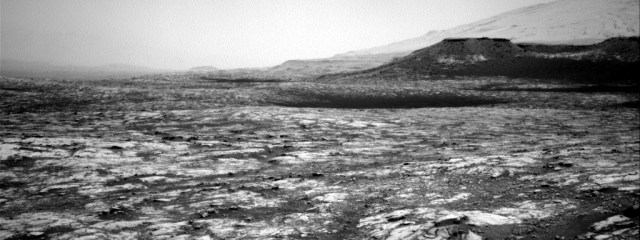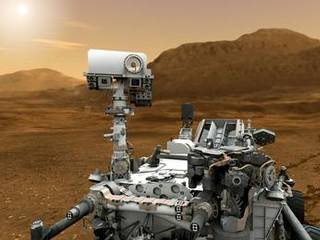
Curiosity Bids Adieu to Glasgow with Unique Science Plans: Studying Sand Dunes, Atmosphere and Seasons on Mars
On Sunday, Curiosity will be wrapping up its activities in Glasgow with a packed science plan that includes several unique opportunities. The rover will be using Mastcam and Navcam to observe the movement of sand and dust on the Martian surface, providing valuable insights into the formation and erosion of Mars’ sand dunes over its long history. Additionally, the APXS instrument will be monitoring the atmosphere by analyzing trace amounts of argon in the air. With Mars’ unique climate causing fluctuations in argon levels in the atmosphere, this data will help scientists understand the planet’s seasonal changes.
In a rare move, Curiosity will also be conducting a ChemCam observation known as a “passive sky,” where the instrument will be used to study the atmosphere without its laser. This will allow scientists to track changes in gases such as water vapor and dust as the seasons change on Mars. As the rover enters the dusty season on Mars, keeping an eye on the sky will be crucial for detecting any potential storms that may arise. The team is excited to gather this valuable data that will further our understanding of the Martian environment.

